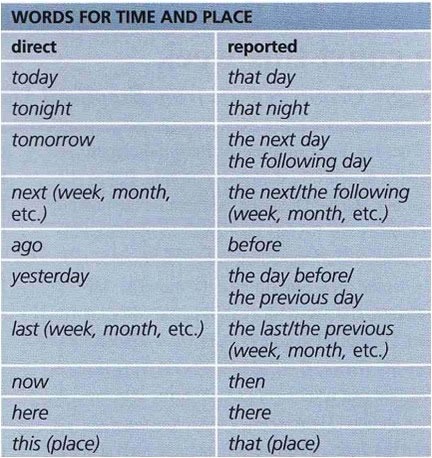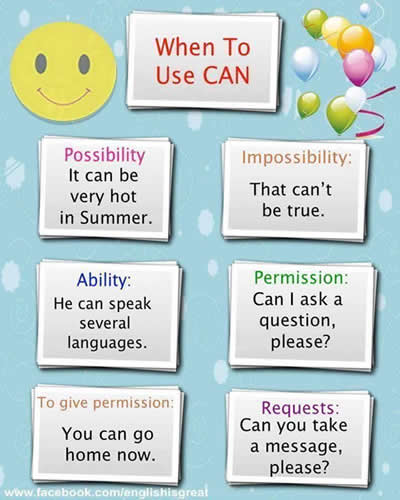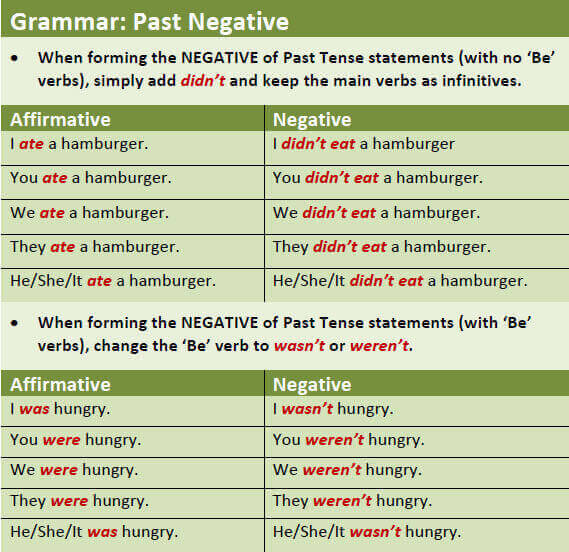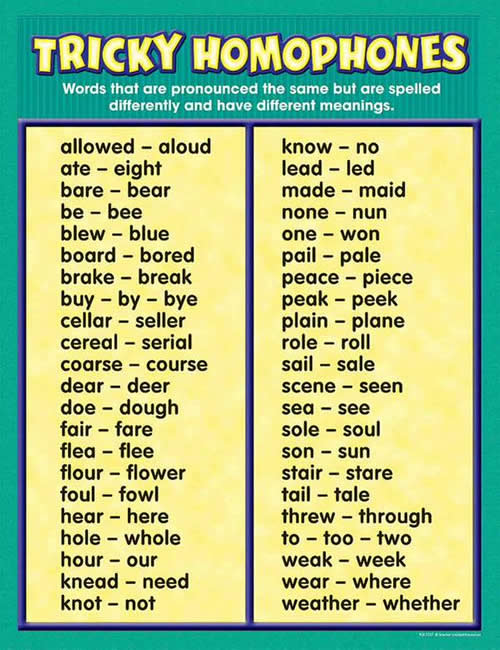Words For Time and Place Direct; today, tonight, tomorrow, next(week, month, etc.), ago, yesterday… Reported; that day, that night, the next day, the following day … Follow the list;
How To Improve Your Reading Comprehension Do you want to improve your reading english article skill? Do you want to learn reading english newspaper, magazine and etc… ? Watch …
When To Use Can (Uses of Can) We can use CAN this situations; Possibility, Impossibility, Ability, Permission, To give Permission, Request. Follow the list and example sentences;
Tsunami The term tsunami, meaning “harbor wave” in literal translation, comes from the Japanese 津波, composed of the two kanji 津 (tsu) meaning “harbor” and 波 (nami), meaning “wave”. …
Pronunciation of “ED” The pronunciation of words ending in ED depends on the final consonant sound. There are three ways to pronounce ED at the end of a word …
Conditionals Zero conditional, first conditional, second conditional, third conditional
Stative and Action Verbs Some verbs can be both stative and action verbs. think, have, taste, smell, sound, look … Follow the list for examples;
Past Negative – Grammar Study When forming the NEGATIVE of past tense statements(with no ‘Be’ verbs), simply add didn’t and keep the main verbs as infinitives.
More Ways to Say Great – English Speaking Study magnificent, terrific, exceptional, awesome, marvelous, amazing, phenomenal, incredible, spectacular, extraordinary, wonderful and etc… Follow the lists;
Tricky Homophones (Very important and useful list) Words that are pronounced the same but are spelled differently and have different meanings. Follow the list;










